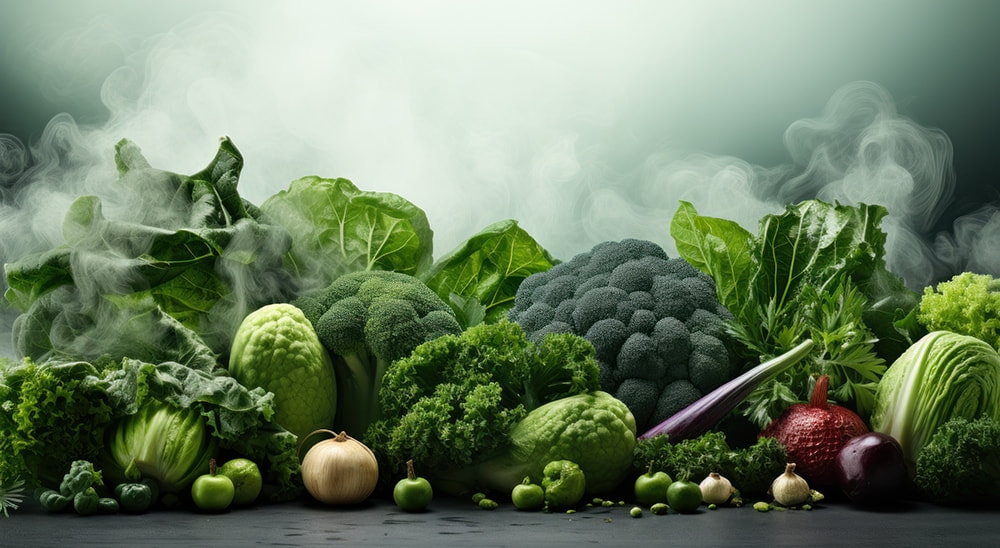Business model
PhosAgro Group’s business model is based on the simple idea that we must better than our competitors understand the ever‑changing customer needs and respond to them quicker using a wide product range, large distribution network, and robust logistics.
This requires flexible high‑tech production facilities, high self‑sufficiency in quality raw materials, deep vertical integration and, most importantly, continuous feedback from end customers and analysis of our product performance. All this helps PhosAgro Group maintain a low cost position in the industry, while also ensuring top quality and unique eco‑friendliness of its fertilizers. We leverage our competitive advantages and seek to meet the highest operational standards throughout our product lifecycle.

We use

Value creation cycle
The value creation cycle at PhosAgro Group starts with a thorough analysis of consumer preferences and market trends. Drawing upon analytical insights and the latest research findings, our R&D centres in Cherepovets and Moscow develop highly effective and eco‑friendly fertilizer brands that enjoy steady demand from consumers.
Our mining division in the Murmansk region extracts unique high‑quality and eco‑friendly apatite‑nepheline ore for further production of phosphate fertilizers.
Unique resource base in terms of size and quality Reserves‑to‑production ratio (RPR) of3.9, 6.3, 8.3, 12.4 and 15.1
Our Cherepovets, Volkhov, and Balakovo facilities produce our entire range of phosphate and nitrogen‑based fertilizers as well as complex ones. With a strong vertical integration, we ensure maximum economic efficiency of production while maintaining full control over product quality.
Self‑sufficiency in feedstockThanks to our high‑capacity railway infrastructure, extensive own fleet of railcars, and modern port terminals, our transportation and logistics services ensure reliable supplies of PhosAgro Group's products to our customers in Russia and worldwide.
PhosAgro Group’s sales network is the largest in the Russian agrochemical industry. We have a presence in all key agricultural regions across the country and are committed to becoming even closer to our consumers. The digitisation of our sales platforms and customer services is rapidly advancing.
13.1, 13.2, 17.16 and 17.17
We use a service model where customers receive a combination of a fertilizer and our agronomic expertise, all available in a digital environment. Our industry‑leading agronomic service provides training, agronomic advice, and support to our customers. Customer feedback serves as a valuable source of information for improving existing products and developing new ones.
We secure

